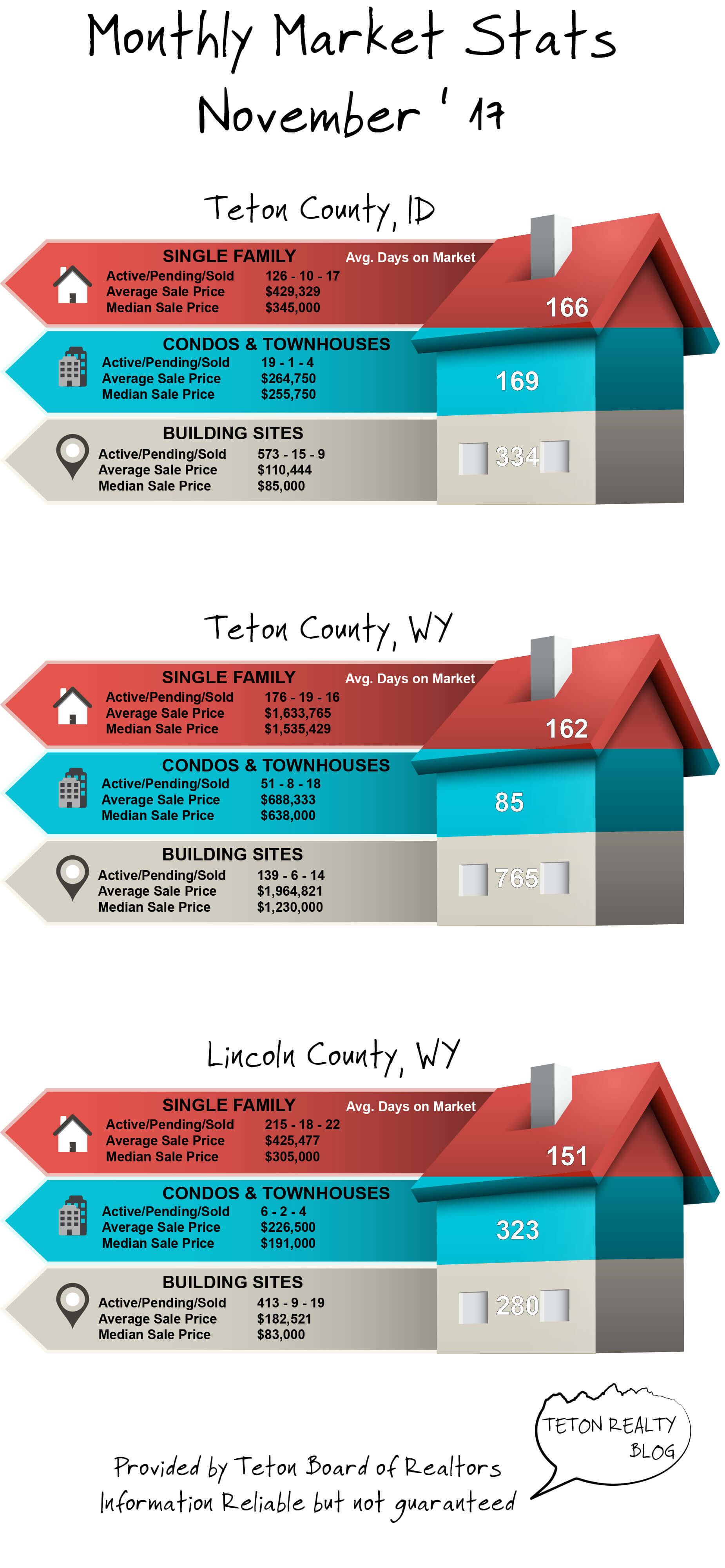Those of you with a pulse on Teton Valley long-term rental market have probably noticed a bit of a lull in terms of occupancy and a small increase in availability. This tends to happen every year after the ski season begins and before the holidays. Those looking for something to rent for seasonal work have already found something in most cases, and long-term residents are generally settled in for the winter.
This year, most property managers have noticed things are a bit slower than the last couple of years, at least with existing inventory, specifically in Driggs and the North end of the valley. This is caused mostly by a supply spike in Victor, where people prefer for the Jackson commute. Several modulars along Highway 31, though lacking amenities, have filled quickly because of their location. Several more units are soon coming available on Dogwood St, and it is yet to be seen how many will be reserved for long-term renters. The new Clinic on Main Street will likely have long term rental availability. These newly completed, or soon-to-be completed projects in addition to a few others seem to have mostly satisfied the shortage, at least in the short-term interim.
I don’t believe this influx of availability will have any long-term effect on the market based on how deep the rental shortage actually is. Once the holidays are behind us, we will begin to better understand inventory levels compared to recent history. It’s been a long time since we’ve seen an oversupply (and I’m not suggesting at all that we are back to anywhere near an oversupply, or even sufficient supply) and even when we did, it was an oversupply of rentals that were not originally meant to be rentals. Throughout the downturn of 2008 we saw a number of vacancies, but these vacancies were second homes converted to long-term rentals, or even vacation rentals which weren’t performing well enough to satisfy debt service. In fact, there haven’t been too many private back-to-back projects built specifically for long-term rentals in a long time. We saw some housing projects near the Sage Hen condos, and of course the Fox Creek Apartments, but all told, not too many dedicated rental properties.
With the headlines being rental shortage you will call me crazy, but we will have to monitor the number of dedicated long term rental projects, apartment buildings and so forth in order to sustain a healthy environment with a good mix of tenants and available rentals to keep vacancies at a minimum and our rental market healthy. It will be interesting to see new major projects and how well they absorb into the marketplace in the near future.

 A couple of years ago I did an article about building costs in Teton Valley. At the time, it seemed like building costs exceeded what the average home sale price was at the time. Well, it seems like we are at that point once again, only building costs are even higher.
A couple of years ago I did an article about building costs in Teton Valley. At the time, it seemed like building costs exceeded what the average home sale price was at the time. Well, it seems like we are at that point once again, only building costs are even higher. We don’t see a ton of stucco in this area, but have seen it installed in years past. It is also becoming a popular accent material. Also, it is a durable material that rarely needs refinished.
We don’t see a ton of stucco in this area, but have seen it installed in years past. It is also becoming a popular accent material. Also, it is a durable material that rarely needs refinished.